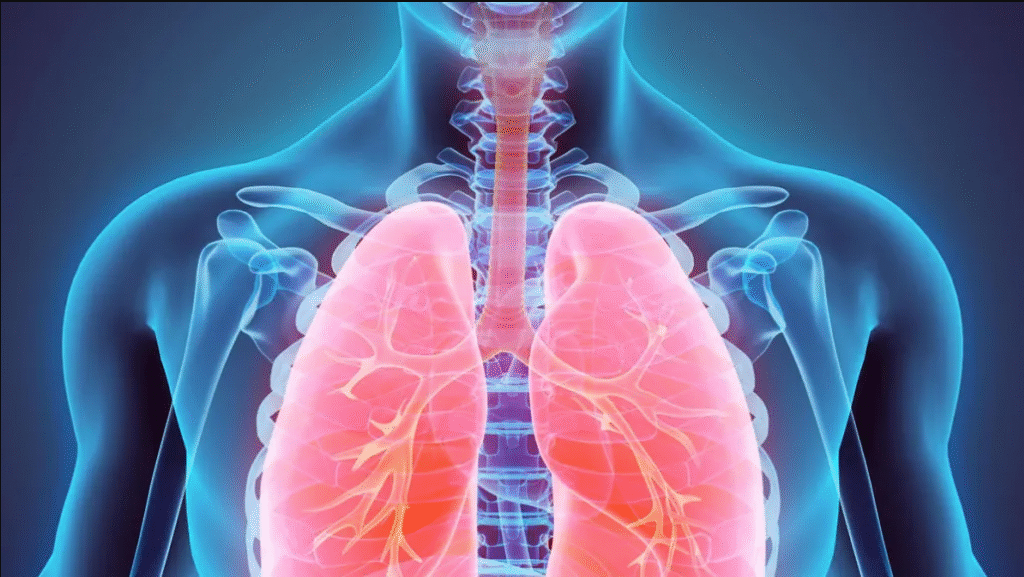Meta Description (for SEO):
Wondering how long nicotine stays in your system? Learn how it’s metabolized, detection times in blood, urine, saliva, and tips for faster elimination.
Introduction
Nicotine, the addictive compound found in tobacco and many vaping products, is known for its fast-acting effects on the brain—but how long does nicotine stay in your system after use? Whether you’re quitting smoking, prepping for a drug test, or just curious about how nicotine affects the body, understanding its presence in your system is essential.
In this article, we’ll break down how nicotine is metabolized, how long it stays in your blood, urine, and saliva, and what factors can influence its duration in your body. We’ll also share tips to speed up nicotine elimination naturally.
What Is Nicotine?
Nicotine is a stimulant found in tobacco plants, often consumed through smoking, vaping, chewing tobacco, or nicotine replacement therapy (NRT) like patches and gum. Once inhaled or ingested, it rapidly enters your bloodstream and reaches your brain within seconds, triggering the release of dopamine—a feel-good chemical associated with pleasure and reward.
However, while the effects of nicotine may wear off quickly, the compound and its byproducts can linger in your system for days or even weeks.
How Is Nicotine Metabolized?
After entering the body, nicotine is primarily metabolized in the liver by an enzyme called CYP2A6. It is broken down into several metabolites, with cotinine being the most commonly measured byproduct in drug tests. Cotinine has a longer half-life than nicotine, which means it remains in your body longer and serves as a more reliable indicator of nicotine use.
Nicotine half-life: ~2 hours
Cotinine half-life: 16–20 hours
Because cotinine lasts much longer in the body than nicotine itself, most tests use cotinine levels to determine whether a person has used nicotine products recently.
How Long Does Nicotine Stay in Your System?
The exact duration nicotine and its metabolites remain in your system depends on various factors such as frequency of use, body type, hydration level, and the type of test administered.
Let’s look at how long nicotine can be detected in different parts of your body:
1. Blood
Nicotine: 1–3 days
Cotinine: Up to 10 days
Nicotine is typically detectable in the blood for up to 3 days after last use, while cotinine can be detected for about 7–10 days. Heavy or chronic smokers may show even longer detection windows.
2. Urine
Nicotine: 3–4 days
Cotinine: Up to 3–4 weeks (in heavy users)
Urine tests are among the most common for nicotine detection. In casual smokers, nicotine and cotinine may clear in a few days. For long-term users, however, cotinine may linger for several weeks.
3. Saliva
Nicotine: 1–4 days
Cotinine: 4–7 days
Saliva testing is frequently used due to its non-invasive nature. Nicotine can be detected within hours of use and may remain detectable for up to 4 days.
4. Hair
Nicotine and Cotinine: Up to 90 days
Hair follicle tests provide the longest detection window. Both nicotine and cotinine can be found in hair strands for up to 3 months or more after use.
Factors That Influence Nicotine Duration
Several personal and lifestyle factors affect how long nicotine stays in your system:
1. Frequency and Duration of Use
Daily or long-term users tend to have higher levels of cotinine, which take longer to clear.
2. Metabolism Rate
People with faster metabolisms may process and eliminate nicotine more quickly. Genetics plays a role here.
3. Hydration and Diet
Staying well-hydrated can help flush toxins like nicotine from your body more efficiently.
4. Body Mass Index (BMI)
Nicotine is lipophilic, meaning it binds to fat cells. Higher body fat may lead to longer retention.
5. Liver Function
Because the liver is the primary site of nicotine metabolism, impaired liver function can slow elimination.
How to Get Nicotine Out of Your System Faster
While you can’t instantly detox from nicotine, certain steps can help your body eliminate it more efficiently:
1. Drink More Water
Hydration helps flush nicotine and cotinine from your kidneys into your urine.
2. Exercise Regularly
Cardio workouts increase circulation and boost your metabolism, speeding up nicotine breakdown.
3. Eat Antioxidant-Rich Foods
Fruits like oranges, berries, and leafy greens support detoxification and protect your cells from oxidative stress.
4. Avoid Additional Nicotine Sources
To truly detox, avoid smoking, vaping, or using any nicotine products.
5. Consider a Detox Program
Some herbal supplements claim to aid nicotine detoxification, though their effectiveness is not well-supported by research.
Can Secondhand Smoke Cause a Positive Nicotine Test?
Generally, secondhand smoke exposure is not enough to cause a positive nicotine or cotinine test. However, in environments with heavy smoke exposure (such as enclosed spaces with chain smokers), trace amounts may be detected, though they are typically below the threshold used in most nicotine testing.
Nicotine Testing for Employment or Insurance
Many employers and insurance companies now test for nicotine as part of health screenings or pre-employment requirements. Failing a nicotine test can lead to increased premiums or disqualification from certain jobs.
If you’re trying to quit and need to pass a nicotine test, it’s best to stop all forms of nicotine at least 2 to 3 weeks in advance, depending on the test type and your history of use.
Final Thoughts
So, how long does nicotine stay in your system? For most people, nicotine clears out within a few days, but cotinine—the key metabolite—can linger for weeks, especially in heavy users. Understanding how nicotine is metabolized and detected can help you make informed decisions, whether you’re trying to quit or prepare for a nicotine test.
Key Takeaway:
Blood: 1–3 days (nicotine), up to 10 days (cotinine)
Urine: 3–4 days (nicotine), up to 3–4 weeks (cotinine)
Saliva: 1–4 days
Hair: Up to 90 days
If you’re looking to flush nicotine from your body faster, focus on hydration, exercise, and a clean diet—and give yourself enough time before any upcoming testing.
Frequently Asked Questions
Q: Does vaping leave nicotine in your system?
A: Yes. Vaping nicotine delivers the same compound to your bloodstream, and it is metabolized in the same way as smoking.
Q: Is cotinine more important than nicotine in tests?
A: Yes. Cotinine is more stable and easier to detect, so most tests look for cotinine instead of nicotine.
Q: Can nicotine be detected in a standard drug test?
A: No. Most standard drug tests do not screen for nicotine unless specifically requested, such as for insurance or job screenings.


